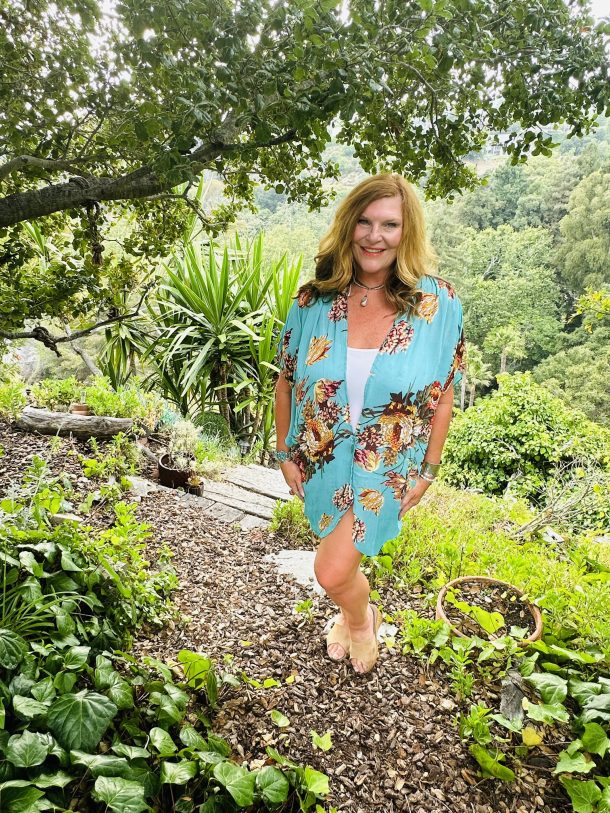Soul Struck! (not star struck)
“I get SOUL STRUCK, not star struck.” How about you?
It’s halftime 2025, what is your LOCK IN?
Part of the “Think for yourself” shorts launching in 2025.
Are you ready for a self mastery template you can start right now?
Remember, trust yourself, you have the answers.
Listen here:
Wishing all of you Health, Safety, Hope, and Prosperity past, present and future:
“Family First” is a mantra in my mind as a single mom of a charismatic teen. As we are finishing up 2024 it is important to take inventory of our core values and the who, what, why and when of time and frequency management for ourselves and our loved ones.
Dopamine hits and mindful ingestion… OH MY!
How do you lean into your multitude of feelings of memories of loved ones past during the holidays?
What does Healthy Nostalgia mean to you?
The power of No just in time for the holidays.

Wellness with
DR. DENISE
Join to receive the latest news, wellness tips and health info from Dr. Denise. Receive a complimentary "Mindfulness Prescription" audio to help center and balance you throughout the day.